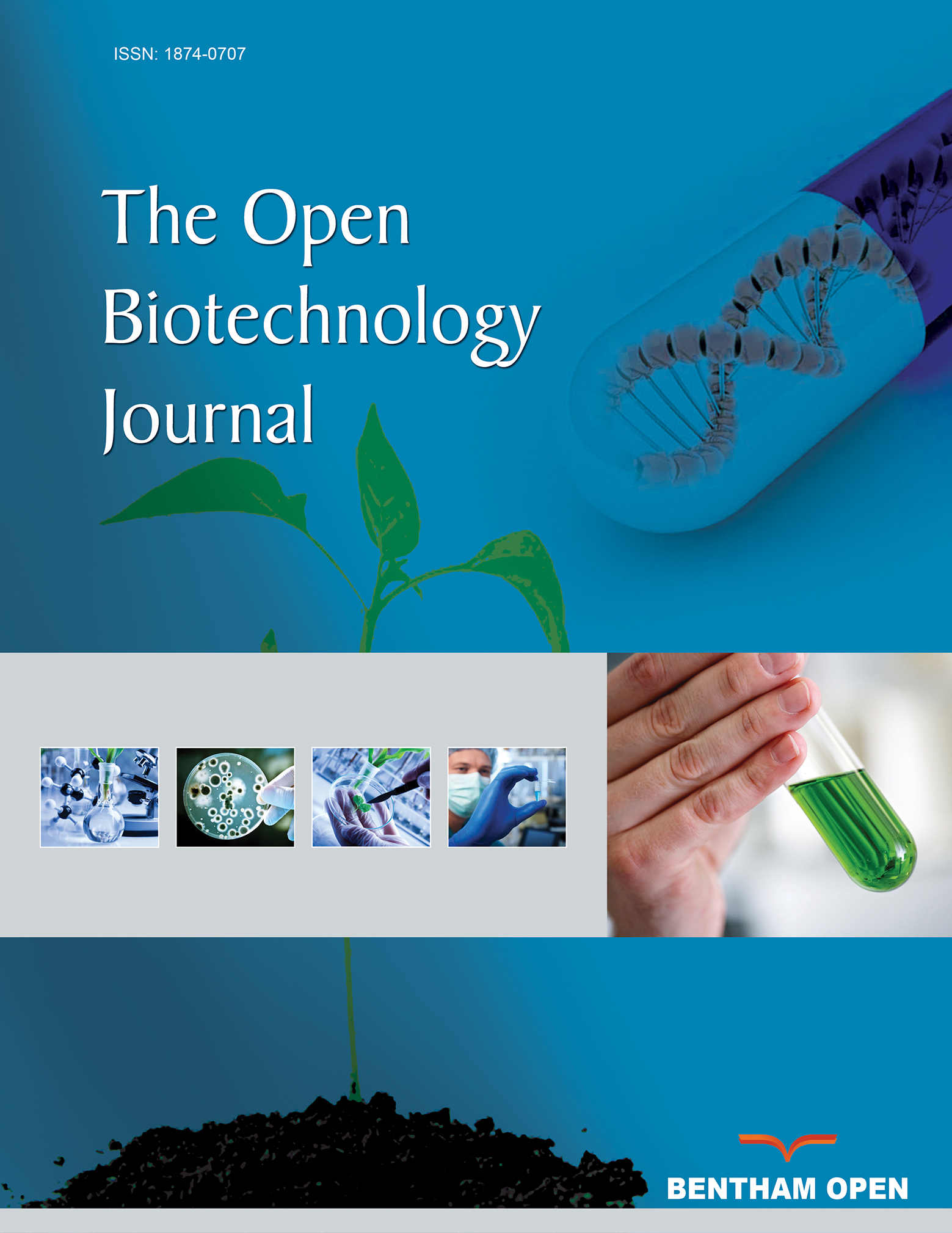All published articles of this journal are available on ScienceDirect.
Bone Marrow Transplantation
Abstract
Stem cells are the centre for regenerative medicine. Given a right signal these undifferentiated cells have a remarkable potential to develop into specialized cell types (blood cells, heart cells etc.) in the human body. Stem cells, therefore, can be used in cell-based therapies to replace/repair damaged tissues and/or organs. Ongoing research in the area of stem cells focuses on their potential application (both embryonic stem cells and adult stem cells) to create specialized cells and replace the damaged ones. Hence, this cutting-edge technology might lead to new ways of detecting and treating diseases. Stem cell transplantation can be considered as an option for the treatment of certain type of cancers. This medical procedure can also be used to treat neurological diseases, autoimmune diseases, heart diseases, liver diseases, metabolic disorders, spinal cord injury etc. The present review, therefore, focuses on the growing use of stem cell transplantation in regenerative medicine to treat a variety of diseases. This review also provides the current status of the field with a particular emphasis on bone marrow transplantation.


